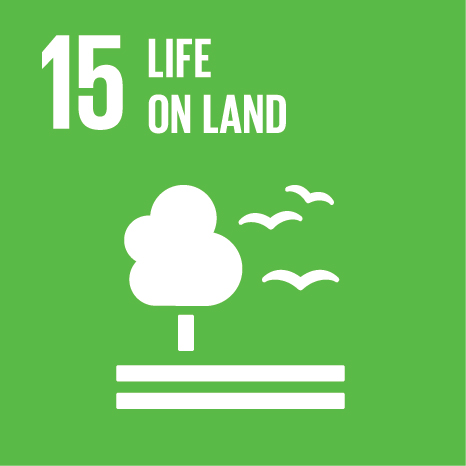Ciência_Iscte
Publications
Publication Detailed Description
Belt and Road Initiative in Central Asia: Anticipating socioecological challenges from large-scale infrastructure in a global biodiversity hotspot
Journal Title
Conservation Letters
Year (definitive publication)
2021
Language
English
Country
United States of America
More Information
Web of Science®
Scopus
Google Scholar
This publication is not indexed in Google Scholar
This publication is not indexed in Overton
Abstract
Until recently, China's Belt and Road Initiative (BRI) has overlooked many of the social and environmental dimensions of its projects and actions in favor of more immediate economic and sociopolitical considerations. The main focus of investments under BRI has largely been to improve transport, telecommunication, and energy infrastructures. However, in Central Asia, biodiversity is not only foundational for the livelihoods and socioeconomic wellbeing of communities, it also shapes people's culture and identities. Furthermore, ecosystem services derived from functioning landscapes bring enormous benefit for millions of people downstream through integrated and transboundary water systems. Already under pressure from climate-induced melting of glaciers, the fate of ecologically important areas is considered in light of the potential harm arising from large-scale linear infrastructure projects and related investments under China-led BRI. Following review of some of the anticipated impacts of BRI on mountain environments and societies in the region, we highlight several emerging opportunities and then offer recommendations for development programs—aiming fundamentally to enhance the sustainability of BRI investments. Leveraging new opportunities to strengthen partner countries’ priority Sustainable Development Goals and enhancing their agency in the selection of collaborations and the standards to use in environmental impact and risk assessments are recommended.
Acknowledgements
--
Keywords
Biodiversity hotspot,Central Asia,China,Environmental conservation,Impact and risk assessments,Linear infrastructure,Mountains,Policy recommendations,Strategic development planning,Sustainable mountain development
Fields of Science and Technology Classification
- Earth and related Environmental Sciences - Natural Sciences
- Social and Economic Geography - Social Sciences
Contributions to the Sustainable Development Goals of the United Nations
With the objective to increase the research activity directed towards the achievement of the United Nations 2030 Sustainable Development Goals, the possibility of associating scientific publications with the Sustainable Development Goals is now available in Ciência_Iscte. These are the Sustainable Development Goals identified by the author(s) for this publication. For more detailed information on the Sustainable Development Goals, click here.

 Português
Português


